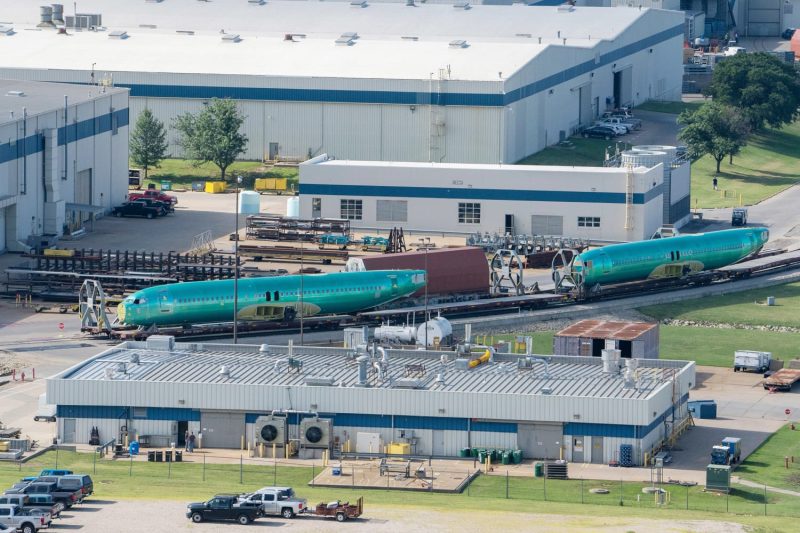Spirit AeroSystems to Furlough 700 Workers as Boeing Machinist Strike Continues
Spirit AeroSystems, a prominent aerospace company based in Wichita, Kansas, has recently announced its decision to furlough approximately 700 workers due to the ongoing strike by Boeing machinists. This development comes as a significant blow to the employees and the aviation industry as a whole. The repercussions of these actions are likely to be felt far beyond the immediate impact on the affected workers.
The furloughs at Spirit AeroSystems highlight the interconnected nature of the aviation industry and the ripple effects caused by disruptions in one part of the supply chain. With the Boeing machinist strike disrupting the production of key aircraft components, suppliers like Spirit AeroSystems are left with excess capacity and reduced demand for their products and services. As a result, the company is forced to take cost-cutting measures, such as furloughing employees, to mitigate the financial impact of the strike.
The decision to furlough 700 workers at Spirit AeroSystems underscores the human toll of industrial disputes and supply chain disruptions in the aviation sector. For the affected employees, the sudden loss of income and job security can have profound implications on their livelihoods and well-being. Moreover, the furloughs could also erode workforce morale and trust in the company, leading to long-term consequences for employee engagement and retention.
Beyond the immediate impact on the affected workers, the furloughs at Spirit AeroSystems raise broader concerns about the resilience of the aviation supply chain. The ongoing strike by Boeing machinists has already disrupted production schedules and delivery timelines for key aircraft models, putting pressure on both Boeing and its suppliers to find a swift resolution to the labor dispute. However, the complexities of modern supply chains and the interdependencies among different stakeholders make it challenging to achieve a quick and satisfactory resolution.
In light of these developments, it is crucial for companies like Spirit AeroSystems to proactively manage the impact of supply chain disruptions and industrial disputes on their operations and workforce. This includes developing contingency plans, fostering open communication with employees, and seeking alternative revenue streams to cushion the financial impact of such disruptions. By taking proactive measures and prioritizing the well-being of their employees, companies can navigate challenging times more effectively and emerge stronger on the other side.
In conclusion, the furloughs at Spirit AeroSystems serve as a stark reminder of the fragility of supply chains in the aviation industry and the vulnerability of workers in times of labor disputes. As the Boeing machinist strike continues to unfold, it is essential for all stakeholders to work together towards a swift and equitable resolution that minimizes the impact on employees and ensures the long-term sustainability of the industry. Only through collaboration and proactive risk management can companies weather the storm of supply chain disruptions and emerge more resilient in the face of future challenges.
